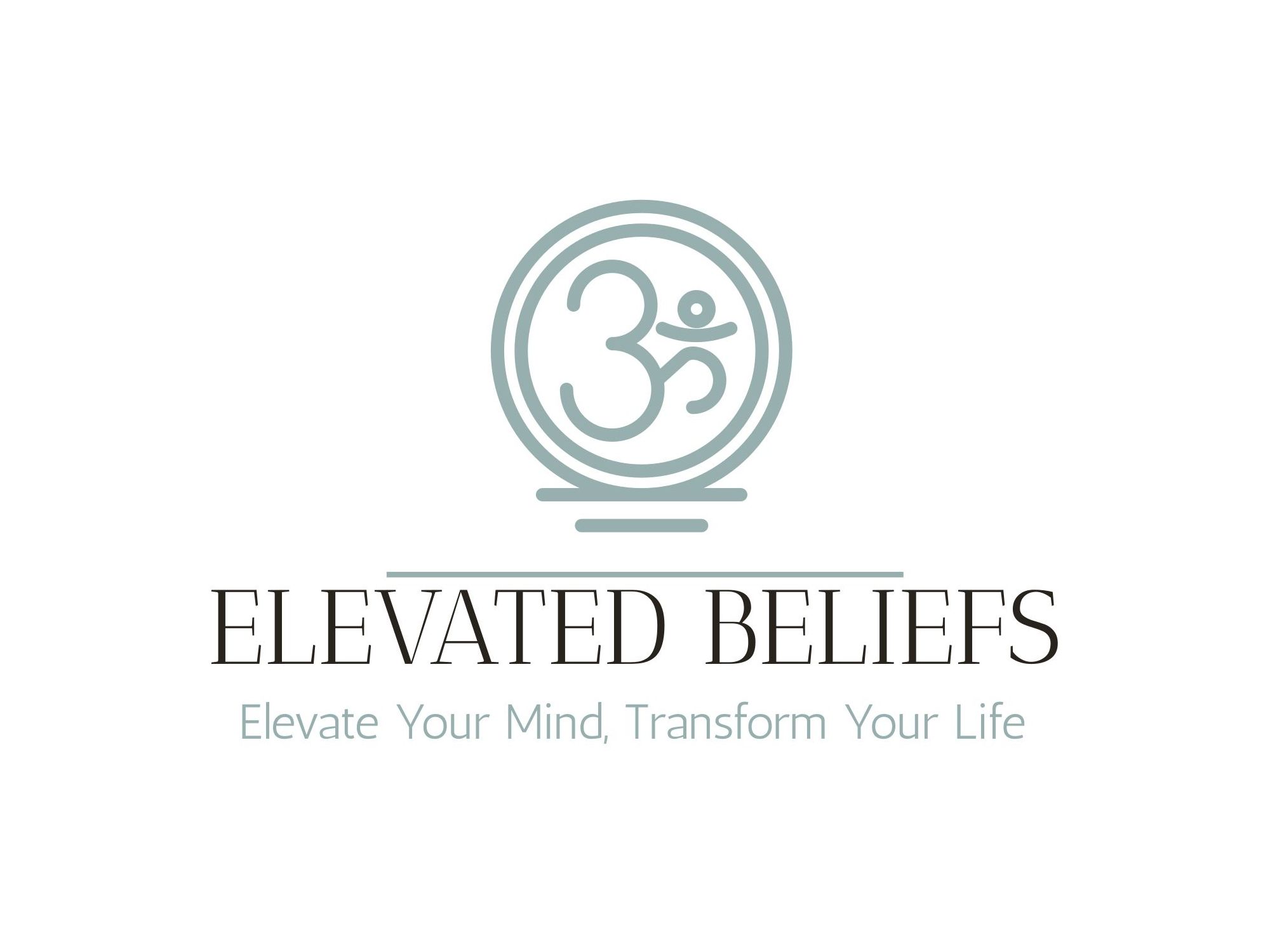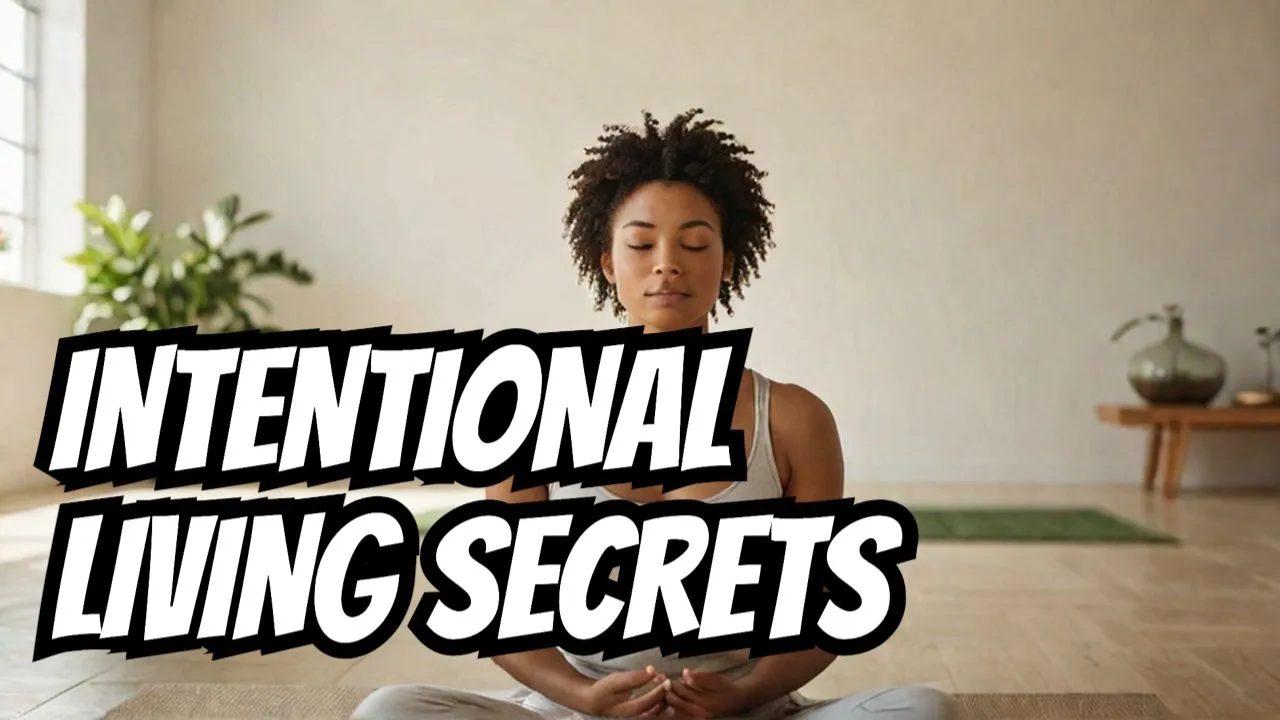Living with ADHD can feel like rushing through a busy street, constantly pulled in different directions. You might start your day full of good intentions, only to find yourself distracted, overwhelmed, and leaving tasks unfinished. If that sounds familiar, remember: you're not lazy or broken. ADHD makes focus and organization hard, but there are ways to change that. Living intentionally offers a simple, powerful path out of chaos. When paired with hypnotherapy, it becomes even easier to reset your mind and regain control. Small daily habits, kindness towards yourself, and the right tools can help you create a life of purpose and calm.
Understanding ADHD and Why Intentional Living Matters
What Is ADHD and How Does It Affect Daily Life?
ADHD is a brain condition that makes it hard to stay focused or stay still. People with ADHD often crave novelty and new experiences, which can make sticking to routines tough. It’s normal to feel impulsive or distracted, jumping from one thought or task to another. This can lead to feeling burnt out or guilty about unfinished work. The chaos can seem endless, and many people feel like they’re always playing catch-up. The key is understanding that these struggles are part of ADHD, not a personal failing.
Why Living Intentionally Matters
When your world feels chaotic, making small, conscious choices can bring clarity. Living intentionally means asking yourself: “What do I want to create today?” Instead of reacting to everything around you, focus on what truly matters. This helps reduce overwhelm and boosts your confidence. Over time, intentional habits can improve your mental health, reduce stress, and improve your ability to stay on track. It’s about taking back control, even in the midst of chaos, and finding moments of peace and purpose.
Building a Foundation for Intentional Living
Creating Mental Space
Before reacting to stress or interruptions, take a pause. Just a few deep breaths or a quick moment of silence can stop you from spiraling. Starting your morning with a mental reset can set the tone for the day. Try sitting quietly for a minute or taking three slow breaths. This simple habit helps create space in your mind, so you don’t get pulled into the storm of distractions.
Setting Small, Achievable Goals
Big goals can feel overwhelming—so break them down. Pick one small thing each day that moves you forward. For example, instead of committing to “get everything done,” focus on “sending one email” or “cleaning the desk for five minutes.” These tiny wins add up fast. Every time you accomplish a small goal, celebrate that success. It convinces your brain that progress is possible and encourages more intentional actions.
Celebrating Daily Wins
Notice and celebrate the little moments that show you're on track. Did you take a break instead of working nonstop? That’s a win. Did you say “no” to something draining? Another win. Recognizing these small successes boosts your motivation and helps build a positive habit loop. Over time, these tiny shifts become the foundation of living with more purpose and less guilt.
How Hypnotherapy Supports Living Intentionally with ADHD
Understanding Hypnotherapy and Its Benefits
Hypnotherapy is a technique that helps calm your nervous system by guiding your mind into a relaxed state. It rewires how your subconscious responds to stress or urges to procrastinate. Imagine your brain as a garden. Hypnotherapy helps remove weeds like anxiety and overwhelm, so healthy habits can grow. Many people find it cuts down on reactive behaviors, making room for intentional choices.
Practical Hypnotherapy Techniques for Daily Use
Even small routines can set your day for success. Try these methods:
Spend three minutes stretching or doing breathing exercises each morning.
Write a quick sentence or two in a journal about what you want today.
Play calming music as a transition between tasks to reset your focus.
Before bed, listen to a short hypnosis track to clear mental clutter.
These simple actions send a message to your brain: “I’m choosing my focus and calm today.” They might seem small, but they build momentum.
Overcoming Guilt and Building Compassionate Self-Relationship
Addressing the Guilt Loop
Many with ADHD feel guilty for not being productive enough. That guilt fuels anxiety, which makes it harder to focus. Remember, your brain is wired differently. It’s not about failing; it’s about understanding and working with your unique needs. Forgiving yourself for past mistakes is the first step. Nobody is perfect, and every small win counts.
Cultivating a Supportive Mindset
Treat yourself as you would a good friend. Celebrate progress, not perfection. Remind yourself that change takes time and effort. Every day is a new chance to start fresh—one breath at a time. Self-compassion is not just kind; it’s essential for long-term success.
Practical Tips and Tools for Living Intentionally with ADHD
Incorporate short breaks into your routines to reset your focus.
Use music, gentle movement, or mindfulness to signal transitions between activities.
Find professional support like therapists or support groups. Hypnotherapy can be a game-changer.
Develop habits that reinforce your intentions, like daily journaling or planned pauses.
These practical steps turn intention into action while respecting your brain’s need for stimulation and novelty.
Conclusion
Living intentionally with ADHD is not about perfection; it’s about progress. Start small—create mental space, set tiny goals, celebrate your wins, and use tools like hypnotherapy. With patience and kindness, you can reshape your day-to-day experience. Forgive past struggles, focus on what you can do now, and move forward one step at a time. Remember, your path to calm, clarity, and purpose begins with a single breath.
If you’re curious about how hypnotherapy can help you live more intentionally, feel free to explore further or reach out. Your peace of mind is worth the effort.

